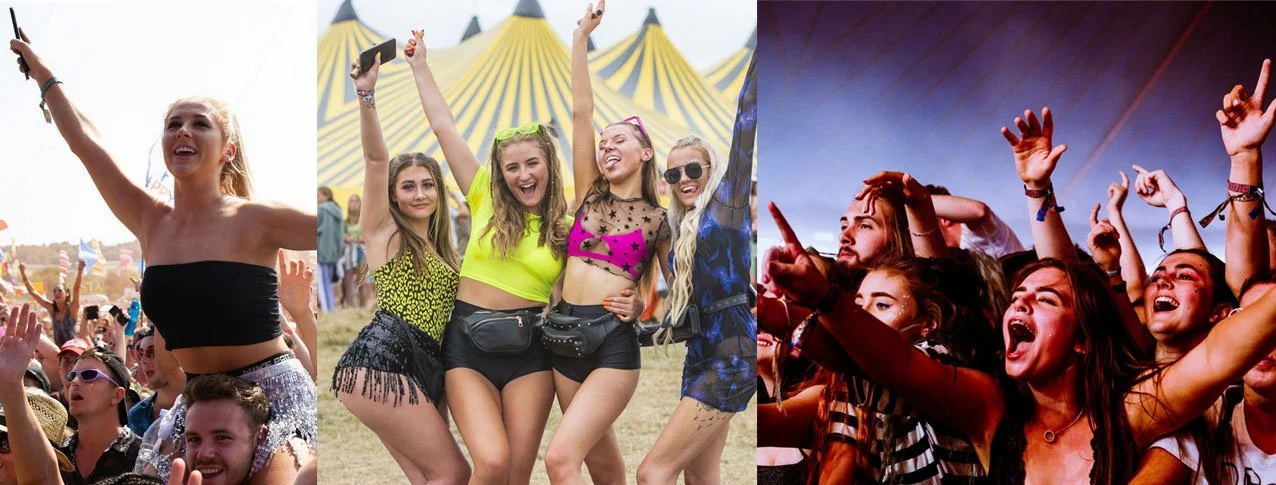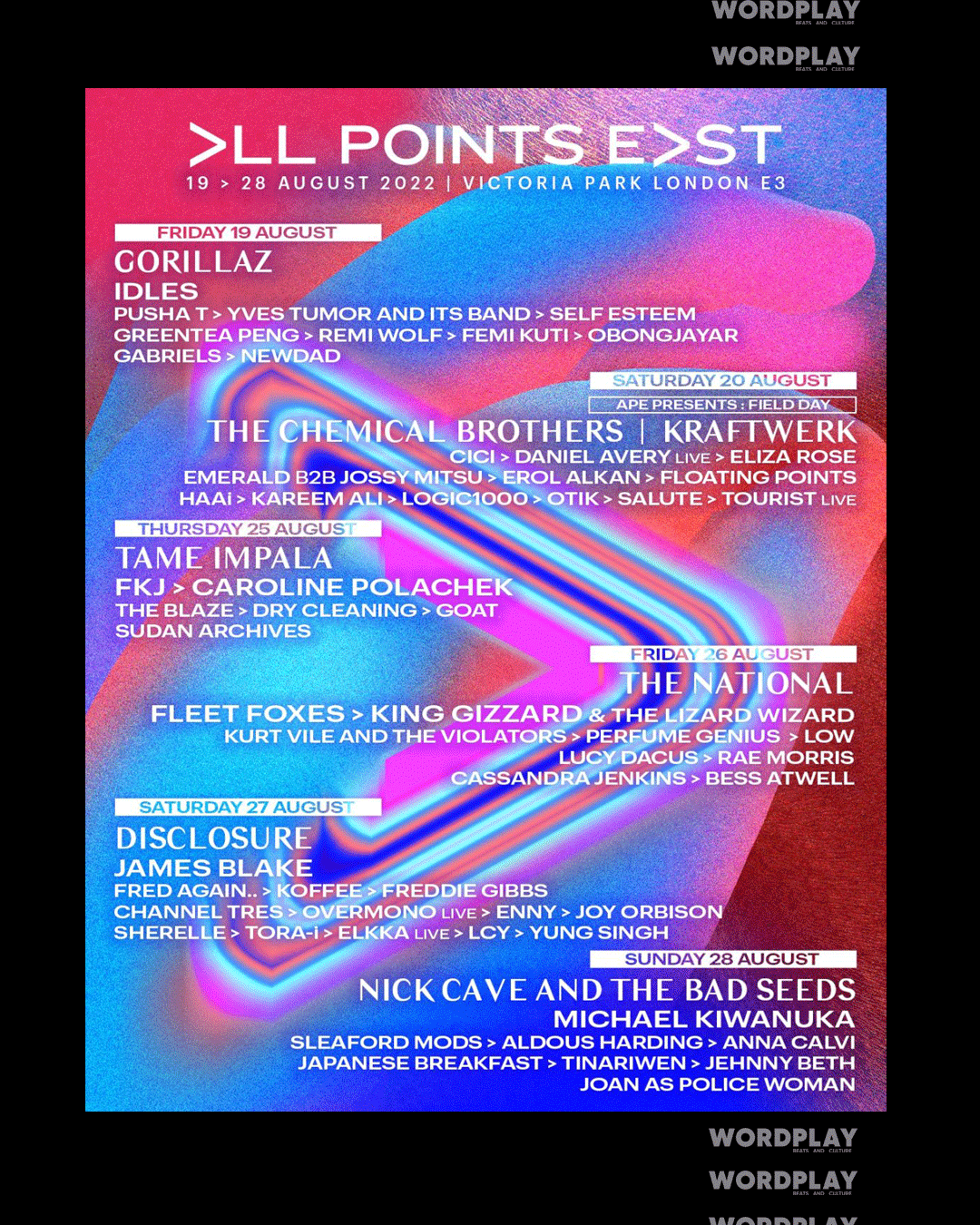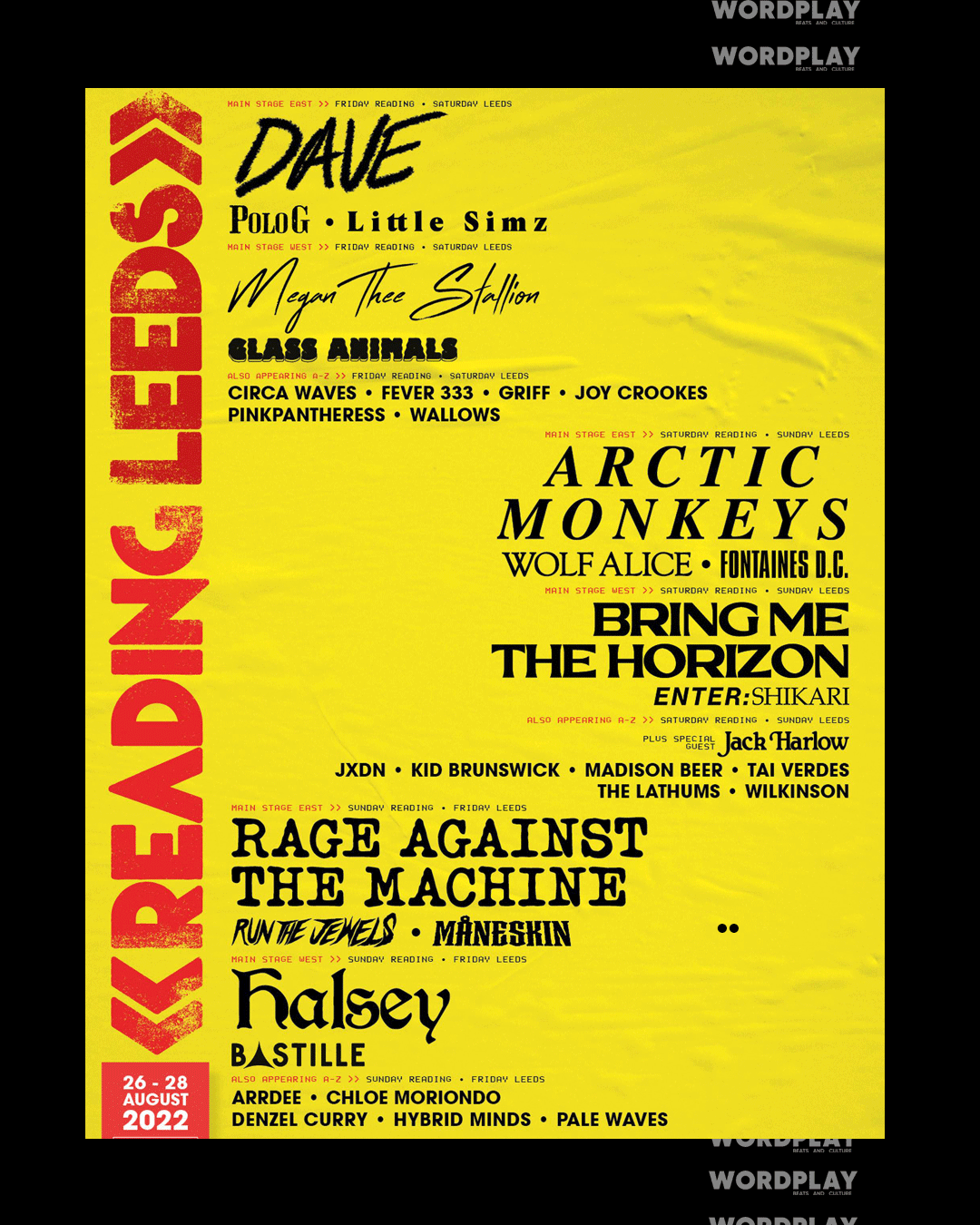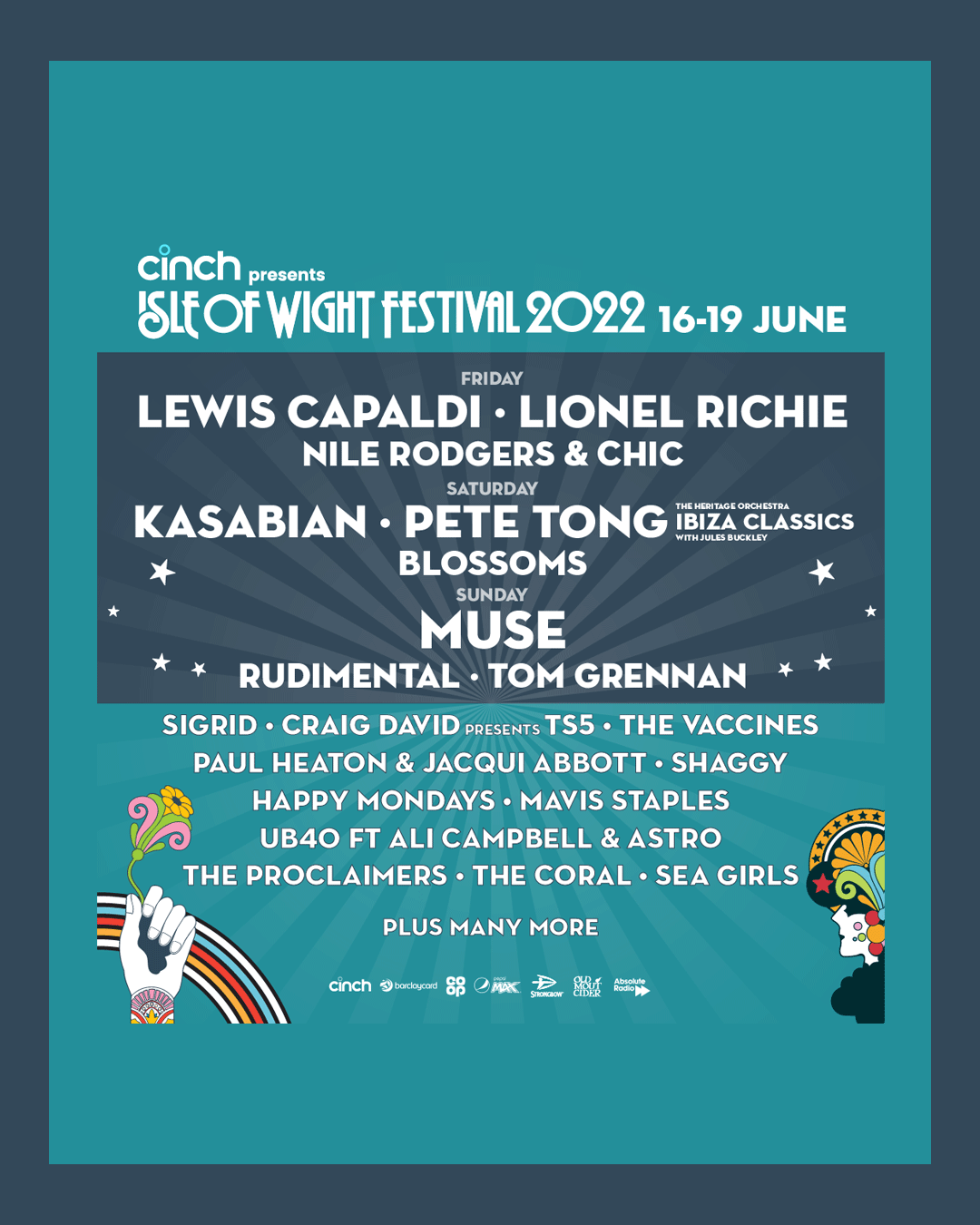Where Are The Women Headliners?
It’s widely known that women are underrepresented in the music industry. So well-known in fact that it’s an issue that is raised every year in various ways and by various brands wanting to appear inclusive. Considering this is a widely known issue with a lot of coverage and awareness amongst consumers, festival goers and the industry as a whole, WHY is this a recurring issue? When will we see accountability, transparency and real change when it comes to the representation of women in this industry?
Towards the end of 2021, we started to see many festivals proudly announcing their lineups for this year. There have been some big names. The biggest festivals with the biggest budgets have been revealing where their money is being spent and how they intend to create a festival that you must buy tickets for and support.
Now if you look at most festival marketing, what images are used in advertisement to create the feeling of a fun, inclusive and safe atmosphere?
It’s no secret that a strong female presence attracts more people to any event. It’s used in marketing for promotional purposes and that’s to be expected. But, it is important to question why we see businesses using women to promote and advertise themselves, without giving adequate opportunities for women to grow within the industry itself.
2022 should be our most progressive year yet. We’re coming out of a pandemic, we’re going on holiday abroad and businesses are returning. So, why are festivals still announcing all male headliners for this summer’s events?
All Points East had six headline spots for true representation. That’s six opportunities for fans to see musicians who represent them on stage. However, every headlining act is a male artist or a band led by a male (not to mention white too, that in itself is a whole other discussion). Despite, the overall acts being fairly diverse, it still doesn’t go far enough as every headliner is a man!
For Reading & Leeds 2022, we see Dave, Arctic Monkeys, Rage Against The Machine all listed as headliners. Despite how talented these acts are, what does it say about our industry when we miss key opportunities for accurate representation? Little Simz had an incredible 2021, Megan The Stallion is another women who could have been a potential headliner. And there are many more women in the industry to choose from.
“When was the last time a woman headlined the main stage at Reading? The answer to that is 1998. That’s twenty-four years ago!”
Looking back at previous years, when was the last time a woman headlined the main stage at Reading? The answer to that is 1998. That’s twenty-four years ago! In 1998, Garbage headlined the main stage with lead singer Shirley Manson. The only time a solo woman headlined the main stage was Bjork in 1995. It’s puzzling to think that over 24 years, with three headline spots the people responsible for booking artists at Reading failed to find a women worthy of the 72 places available. Why aren’t women being considered for these opportunities? Are women being intentionally left out of this conversation? And what does this say about the state of an industry that so many people seek representation in?
Boardmasters missed key opportunities this year to have more women as headliners. It’s not just a visibly male-dominated top spot line up, but you literally have to look three lines down to see the likes of Enny, Greentea Peng and Joy Crookes.
Then there’s The Isle Of Wight Festival, starting in 1968 for a couple of years before stopping and restarting in 2002. looking back over all of the lineups released, this festival has NEVER had a woman headliner.
No-one can deny that Little Simz took 2021 by storm. Her album ‘Sometimes I Might Be Introvert’ released last year hit the U.K Chart at number 4 and entered the top 40 in 12 different countries. It was also number 1 Independent album and number 1 RnB album in the U.K. The album was added to several ‘Albums of the year’ lists including The Guardian, Pitchfork, Rolling Stone and Variety! Not to mention winning a BRIT Award, BET Hip Hop award, a MOBO, being nominated for a Mercury, 4 Brits and 4 NME awards including Best Album, Artist of the year and Best Live act! It’s great to see that she is headlining the West Holts Stage at Glastonbury this year, but, she’s a musician well-deserving of more opportunities to headline festivals in the U.K. and abroad. This is the case for many other women in the industry too.
So, we reached out to each festival to get their opinion on this and unfortunately, so far haven’t received anything back. To those reading we’re still waiting and would love to discuss this issue further.
Wordplay magazine is a music-focused publication and we fully understand the pressures of ‘getting it right’. Especially, when it comes to producing a product covering a much loved culture. It’s not hard to have a standardised set of rules for every issue. We’re committed to releasing content that is balanced in its coverage of men and women in this industry. We’re a publication covering a culture of black origin, we recognise this by paying homage to the culture in every issue we publish.
If we can commit to doing this, then why can’t U.K festivals do the same? We’re likely to be told it’s numbers or that the data doesn’t suggest that tickets will be sold if a particular artist is booked. If this is true then it is us as consumers that need to change our habits and support women in music. There may be an element of this, but, artists like Megan Thee Stallion, Cardi B, Billie Eilish, Jorja Smith, Mahalia, Little Simz, Arlo Parks, FKA Twiggs and many others have a large enough fanbase to sell tickets. Why aren’t they being given the opportunity to headline festivals in the same way that men are?
Now picture this…a full live orchestra with various singers and MCs performing for the same price as let’s say someone like Post Malone. It’s about creating memorable and relatable experiences for concert-goers. Festival organisers should be advocating for new strategies and thinking further as they have the ability, budget and means to do so. There is an opportunity to get creative with the planning of these shows and most importantly to strive for accurate representation.
We’re selling these ‘WHERE ARE THE WOMEN HEADLINERS?’ T’shirts for £12 here. We’d love to see as many of these at the festivals this year. Our hope is that the awareness and pressure we build from this campaign should make change in this industry.






